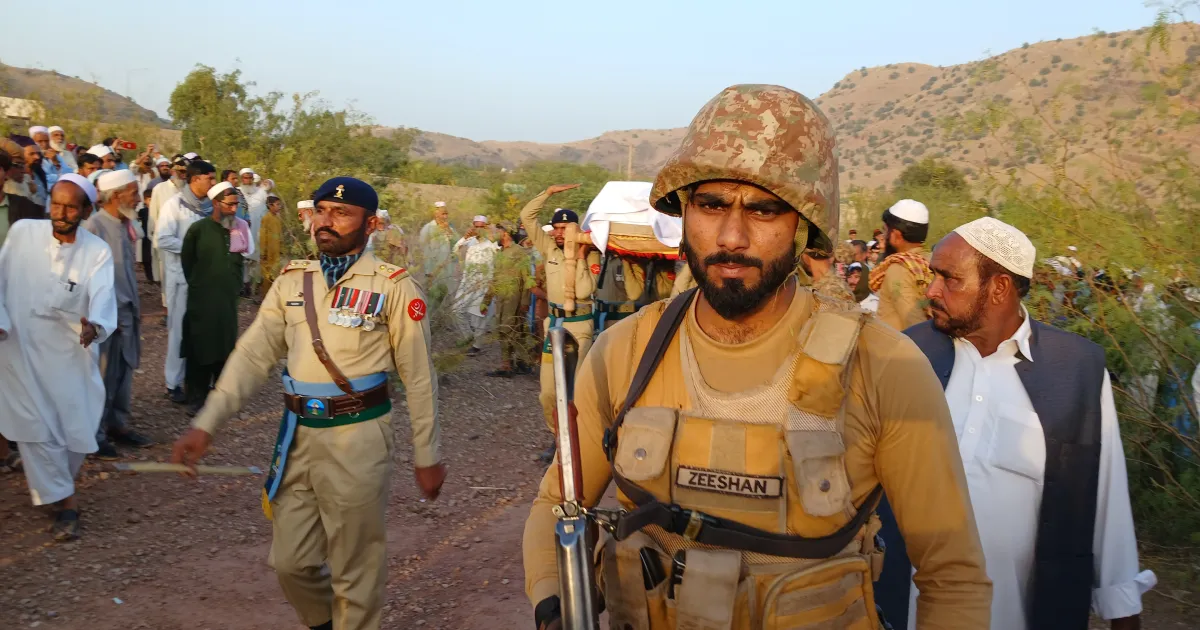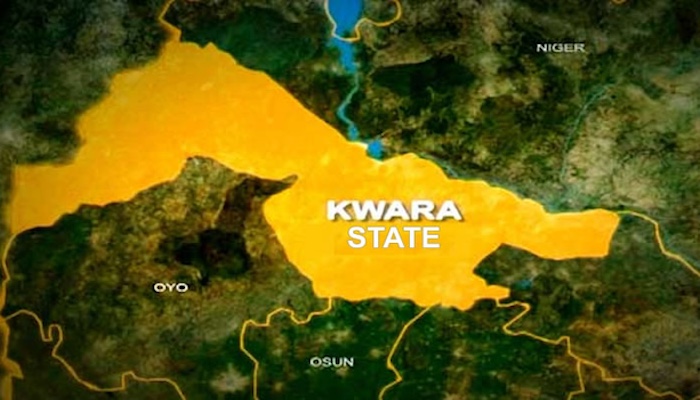
Efforts to mend relations between Afghanistan and Pakistan have suffered another setback after the Taliban government announced that the latest round of peace talks had collapsed, accusing Islamabad of taking an “irresponsible and uncooperative” approach. The breakdown has heightened worries of a fresh wave of cross-border violence.
Delegations from both countries met Thursday in Turkey in an attempt to finalise a ceasefire reached on October 19 during earlier talks in Qatar.
The truce followed deadly clashes that left dozens dead along their tense shared border.
Details of the negotiations remain largely under wraps, though officials confirmed that the discussions focused on long-standing security grievances that have strained the relationship between the two neighbours.
Taliban spokesman Zabihullah Mujahid said Pakistan had tried to shift the blame for its internal security failures onto Afghanistan.
“During the discussions, the Pakistani side attempted to assign full responsibility for its security problems to the Afghan government, while showing no willingness to address Afghanistan’s security or its own,” Mujahid wrote on social media. “The irresponsible and uncooperative attitude of the Pakistani delegation has not yielded any results.”
Islamabad has yet to comment, and mediators did not immediately respond.
A day earlier, Pakistan’s Information Minister Attaullah Tarar had already signaled pessimism, saying Kabul had failed to deliver on promises to rein in militant groups.
“Pakistan shall continue to exercise all options necessary to safeguard the security of its people and its sovereignty,” Tarar warned.
Deep-Rooted Demands and Mutual Accusations
Once close allies, Afghanistan and Pakistan now find themselves at odds over accusations that Kabul shelters militants who carry out attacks inside Pakistan—an allegation the Taliban deny.
Islamabad has pressed Afghanistan for firm guarantees that it will stop providing safe haven or support to armed groups, particularly the Pakistani Taliban (Tehreek-e-Taliban Pakistan).
Kabul has repeatedly rejected these claims and, in turn, accuses Pakistan of backing armed factions hostile to Afghanistan.
Afghanistan insists its sovereignty must be respected and has bristled at what it perceives as Islamabad’s interference.
Both countries had earlier warned that hostilities could resume if talks broke down. More than 70 people were killed and hundreds injured during last month’s deadly border clashes.
Tensions escalated again on Friday after both sides blamed each other for renewed fighting near Spin Boldak in southern Afghanistan. A local hospital official told AFP that five civilians—a man and four women—were killed.
According to Mujahid, Afghanistan refrained from retaliating “out of respect for the negotiating team and to prevent the loss of civilian lives.”
Islamabad has also accused Kabul of aligning itself with India—Pakistan’s historic rival—during a recent period of closer relations between Afghanistan and New Delhi.



